Through his staged photography, Kenneth Lam brings to life the stories embedded in the evolving Museum of the Home
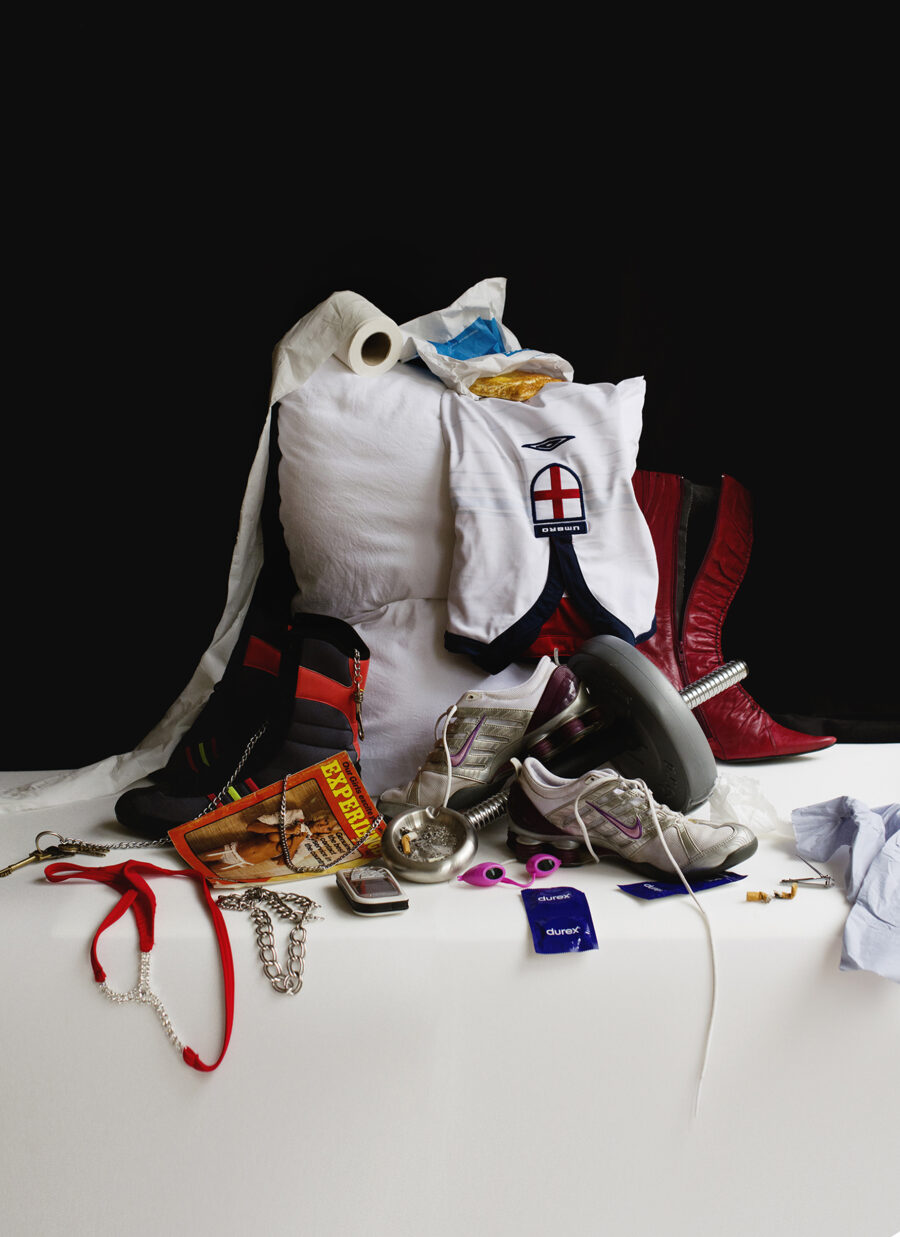

Through his staged photography, Kenneth Lam brings to life the stories embedded in the evolving Museum of the Home

London based photographer Laura Pannack continues her exploration of mythology, nostalgia and the impermanence of adolescence with her latest project Tales from the Dübener Heide forest. Pannack shares a first look at the work, specially for British Journal of Photography
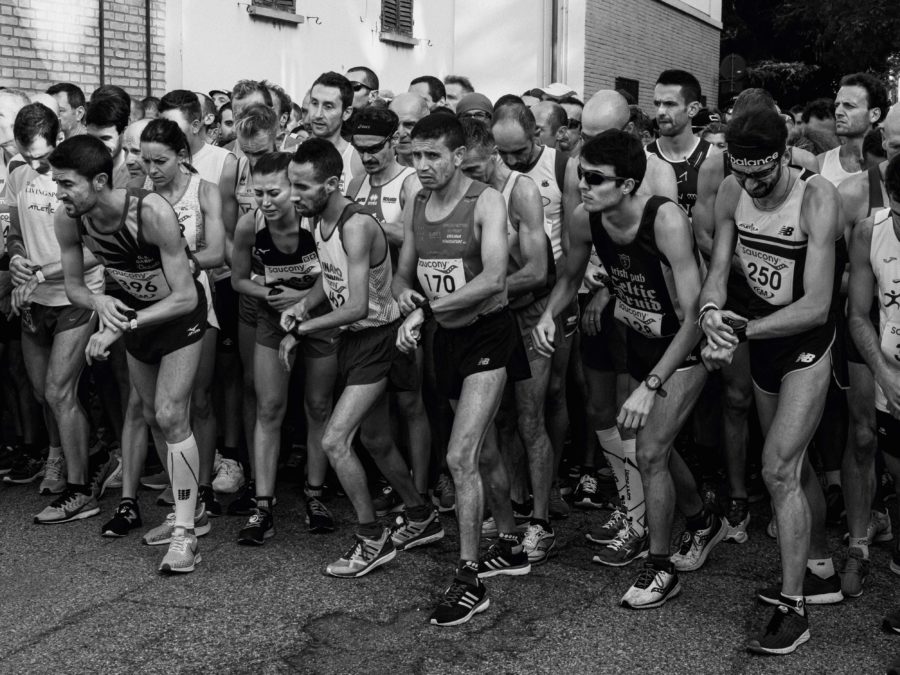
The Italian photographer travelled to the village of Cotignola in 2018, seeking inspiration and a new beginning.

Off the back of photographing Joe Biden and Kamala Harris for TIME, the Spanish-Mexican-Colombian photographer discusses her practice.
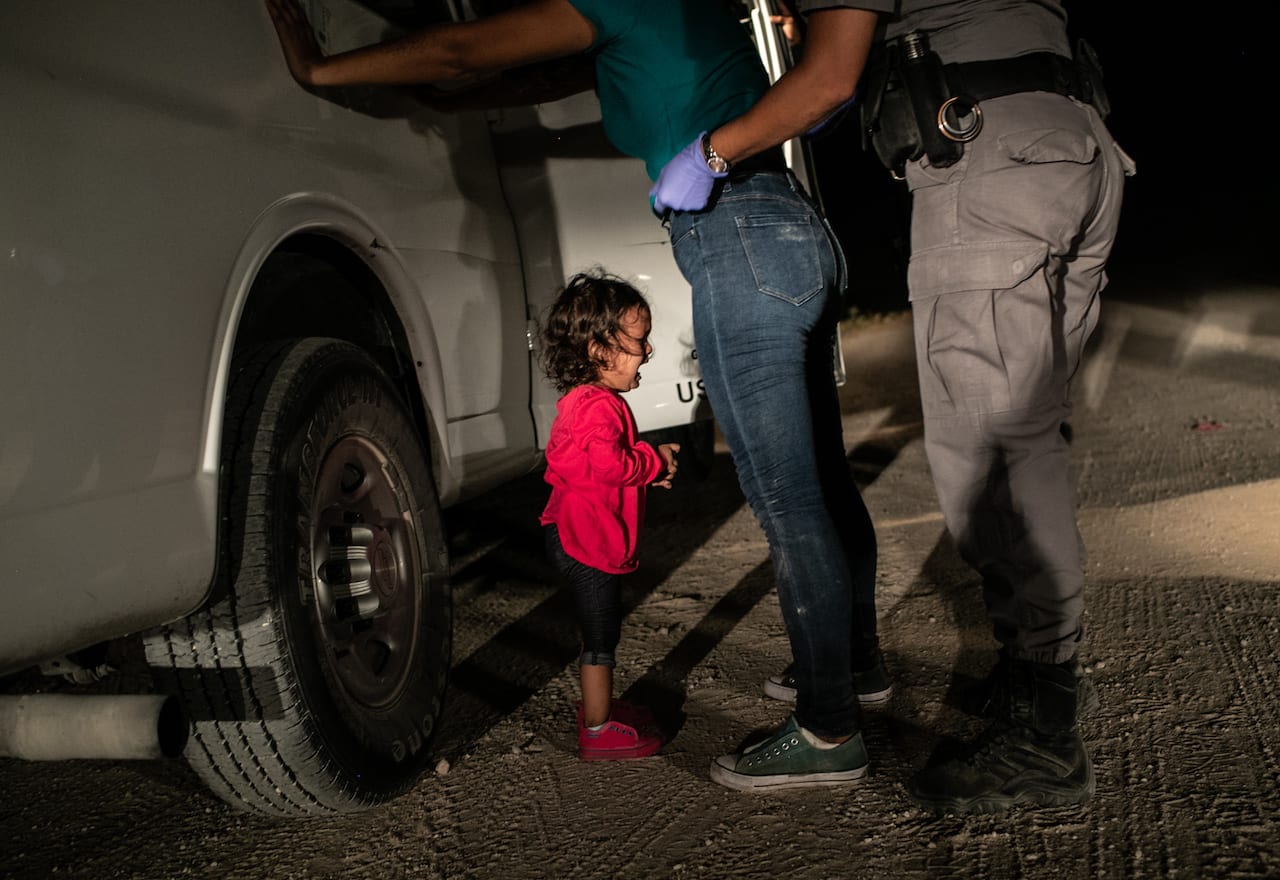
A shortlist of six images have been announced for this year’s World Press Photo of the Year, and three photographers shortlisted for a new award that celebrates visual storytelling – the World Press Story of the Year.
The six images shortlisted for World Press Photo of the Year are: Victims of an Alleged Gas Attack Receive Treatment in Eastern Ghouta by Mohammed Badra (Syria); Almajiri Boy by Marco Gualazzini (Italy); Being Pregnant After FARC Child-Bearing Ban by Catalina Martin-Chico (France/Spain); Covering the Disappearance of Jamal Khashoggi by Chris McGrath (Australia); Crying Girl on the Border by John Moore (United States); and Akashinga – the Brave Ones by Brent Stirton (South Africa).
The three nominees for the World Press Story of the Year are Marco Gualazzini (Italy), Pieter Ten Hoopen (Netherlands/Sweden), and Lorenzo Tugnoli (Italy) – making Gualazzini the first photographer to have been nominated for both the World Press Photo of the Year and the World Press Story of the Year.
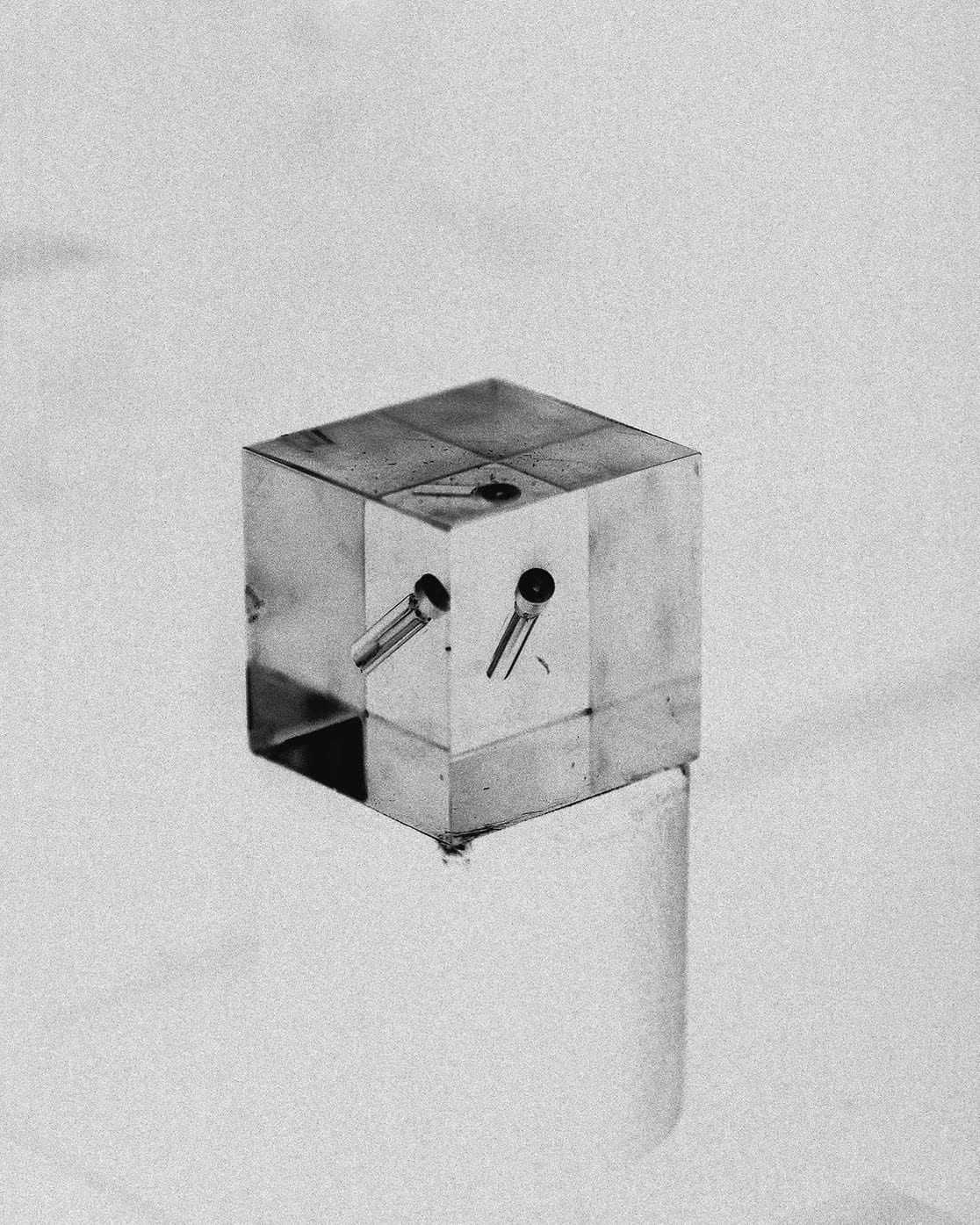
When Felicia Honkasalo’s grandfather passed away in 2009, he left behind boxes full of rocks and minerals, and stacks of notes, sketches, and fading photographs. “No one else in the family wanted them,” says Honkasalo, who never got the opportunity to meet her grandfather, “I was really intrigued by it all, but I didn’t really know what to do with it at first”.
Honkasalo’s debut book, Grey Cobalt, is an attempt to construct imagined memories of her grandfather, who was a metallurgist during the Cold War in Finland as well as an avid cosmologist. Published by Loose Joints, the book release accompanies an exhibition at the Webber Gallery in London, which will run till 15 February.
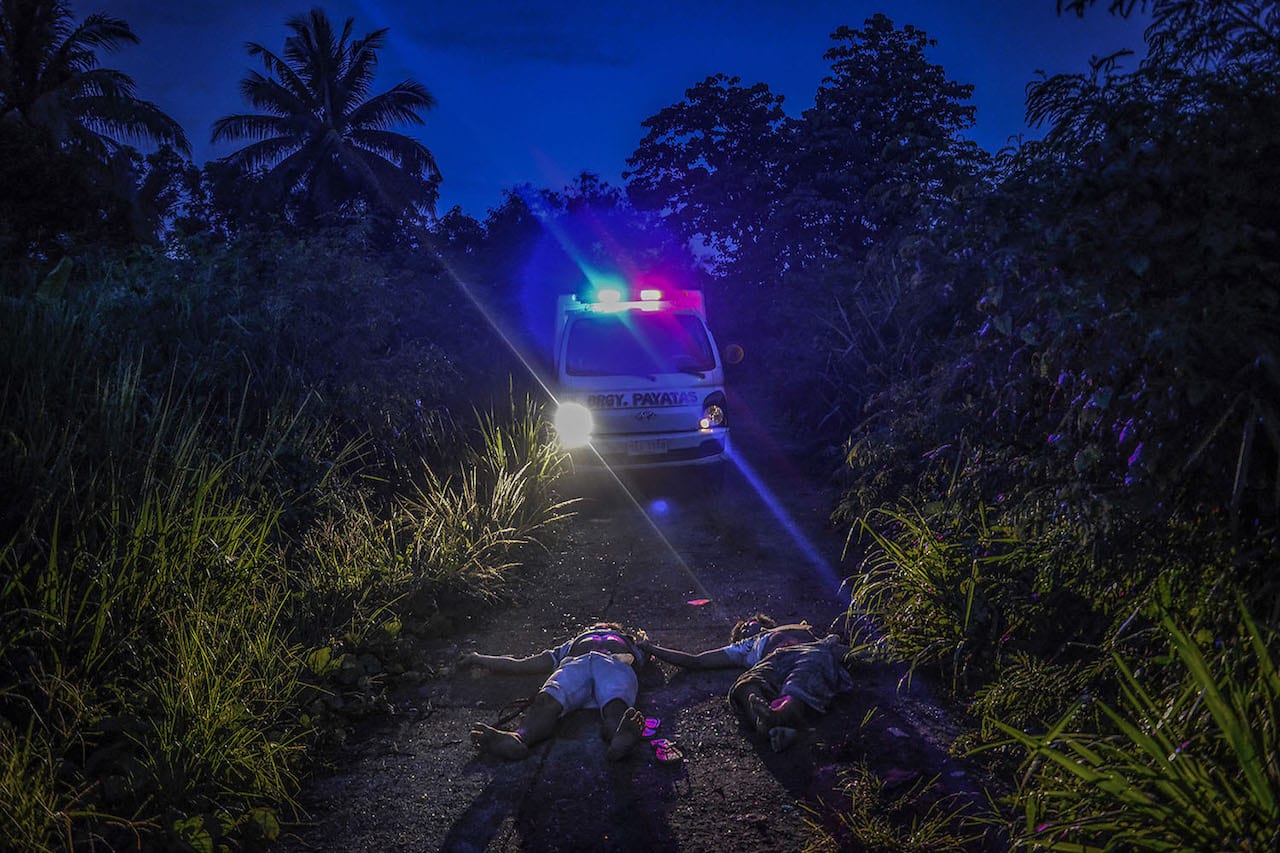
Born in 1993 in the Philippines, Ezra Acayan has won the 2018 Ian Parry Scholarship Award for Achievement for his series Duterte’s War On Drugs Is Not Over, which records the fall out from the war on drugs which President Rodrigo Duterte announced in 2016.
Threatening those connected to drug consumption and sales with the death penalty, Duterte urged members of the public to kill suspected criminals and drug addicts, and allowed the police to act with brutality. In the two years since, an estimated 20,000 people have been murdered and a state of emergency has been declared. The United Nations has appealed to the Philippine government to investigate extrajudicial killings and to prosecute the perpetrators, while the International Criminal Court has announced preliminary examinations into killings linked to the campaign.
Tough and hard-hitting, Acayan’s images aim to “illuminate the violent acts carried out in the Philippines as well as the questionable methods of Duterte and the police”.
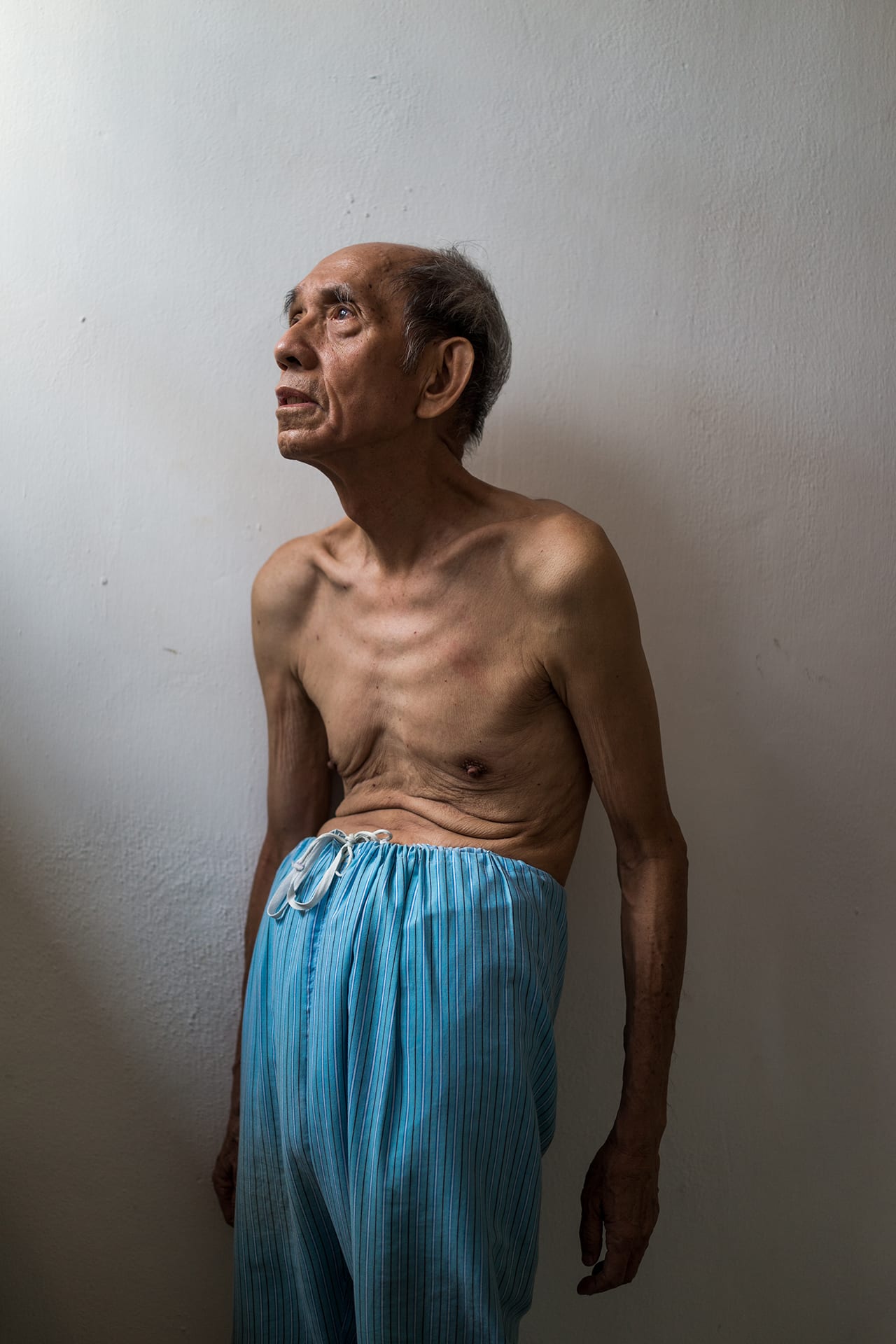
It’s disconcerting to think how years of work and effort, of countless hours spent practising and honing a skill, can be wrenched away from any of us in just a few minutes of misfortune. It’s also, for any of us used to good health, troubling to consider how reliant we are on the basic functionality of our bodies. A photographer, for example, needs to be able to hold a camera, to have the strength to frame a shot and time the click of the shutter in the heat of the moment. Shorn of that basic ability, what are we left with? Early one morning in May 2015, Sim had to face that exact question.
She was on assignment for a French newspaper, travelling to the Tumen Economic Development Zone, a government-owned complex of Chinese factories on the edge of the border with North Korea. Tumen employed North Korean labourers who, with state sanctioning, would be sent to live and work in the economic zone. The brief was to capture how North Korea and China trade. This place seemed like the perfect microcosm for that complex relationship – the makings of great pictures.
Entering Tumen with her driver and colleagues from Le Monde, she failed to spot a sign that read: “No smoking, photography, or practising driving”. As they approached the factories, the car passed a small group of women in black jumpsuits, knelt by the roadside picking weeds from the ground. Sitting in the driver’s seat with the window wound down, Sim instinctively raised her camera and fired off a couple of shots. “Almost immediately, the women turned around, ran towards the cab, and reached into the car,” she wrote in an article for ChinaFile, recounting events.
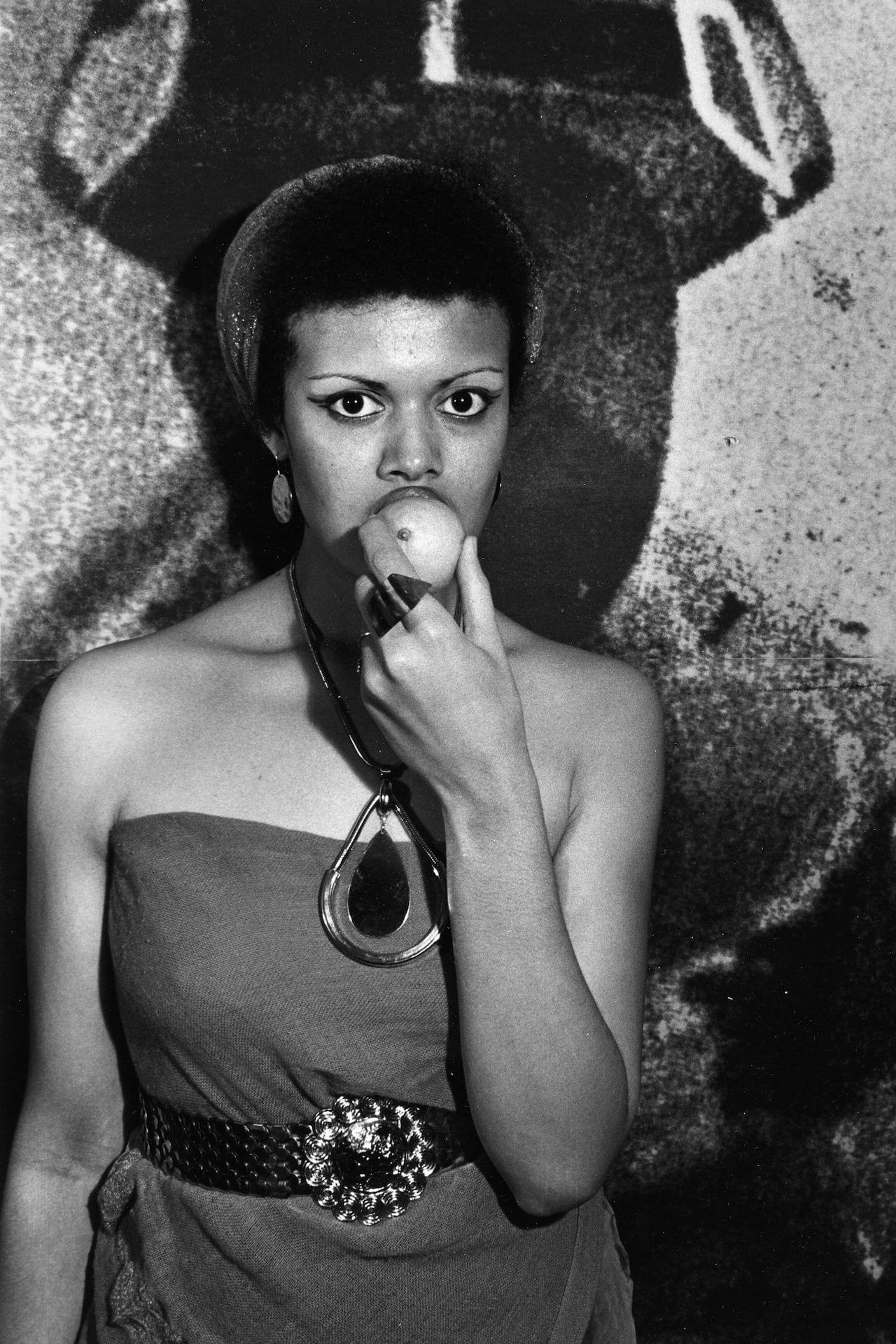
Peppers Hideout, Perv’s House, the High Chaparral, the Patio Lounge, and the Showcase Lounge –…
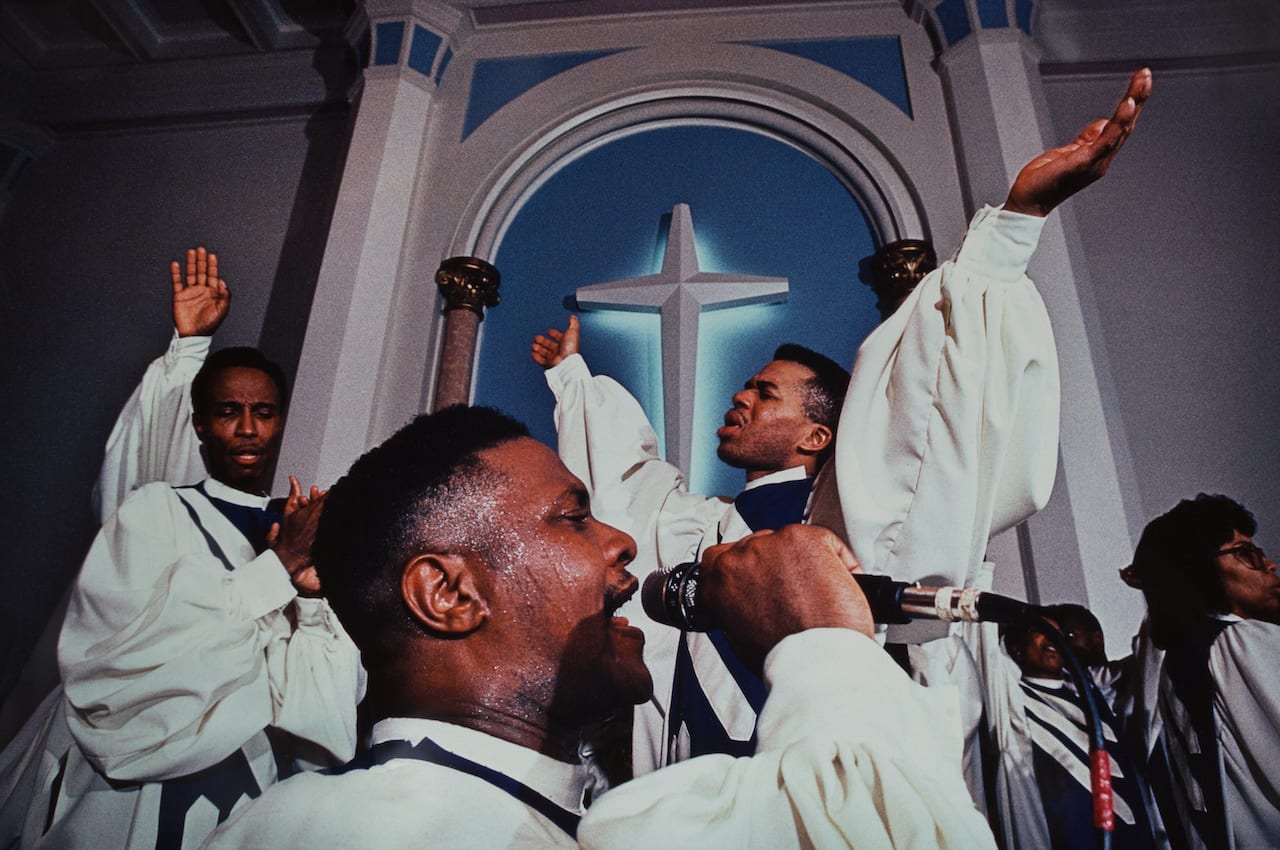
“I never had trouble walking up to people and asking them to take their picture,” photographer Arlene Gottfried (1950-2017) told The Guardian in 2014. Largely unknown to the public for the majority of her career, it was her black-and-white photographs of New York in the 1970s-80s that first sparked an interest in her work. Looking at them, it’s clear that Gottfried had a way with people as well as with images. “Arlene had a way of looking at the world with curiosity and love that was distinctly her own,” says Daniel Cooney, who runs a gallery of the same name currently showing Gottfried’s work.